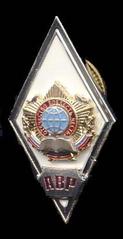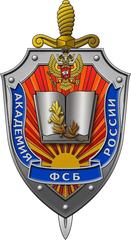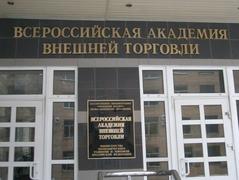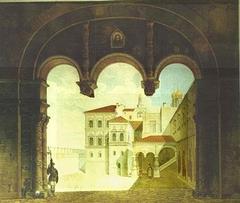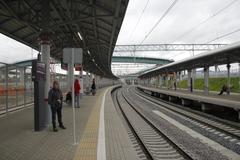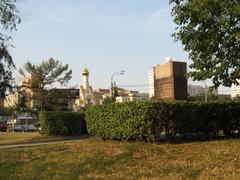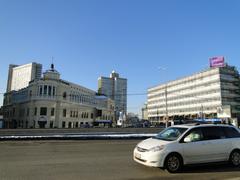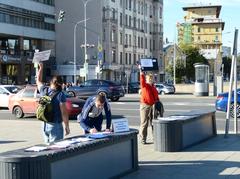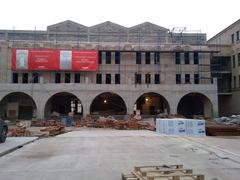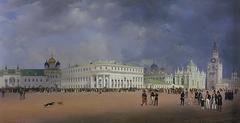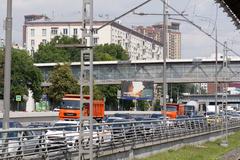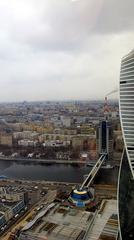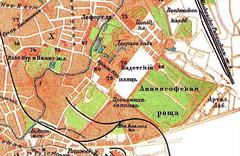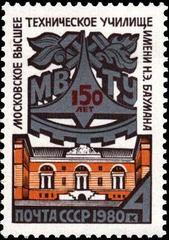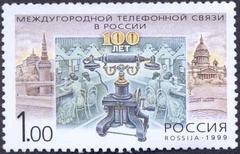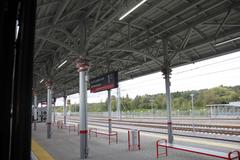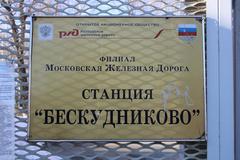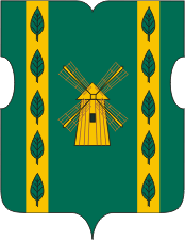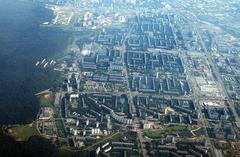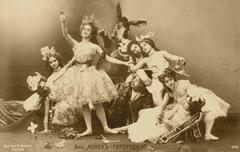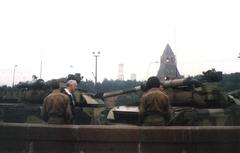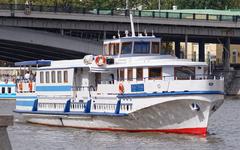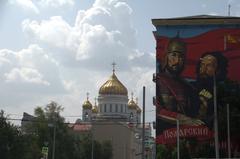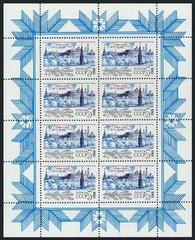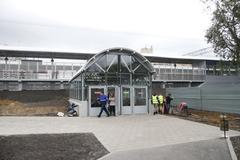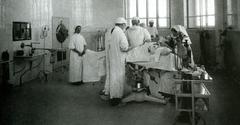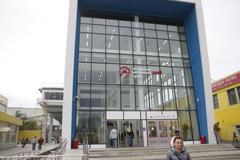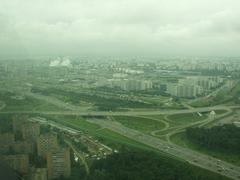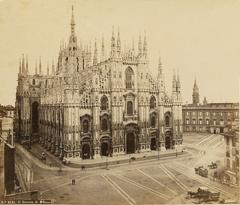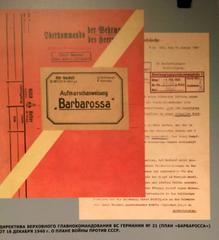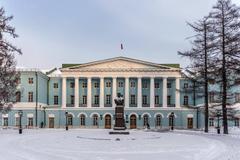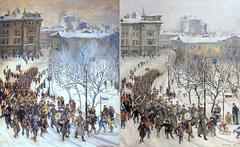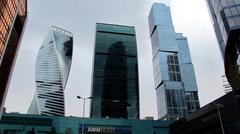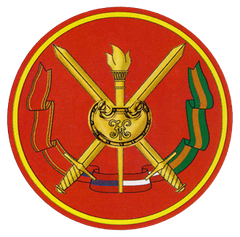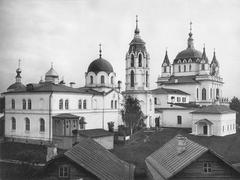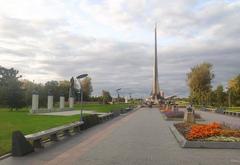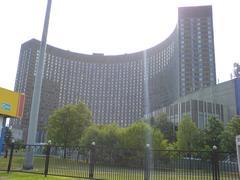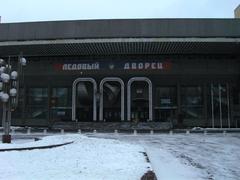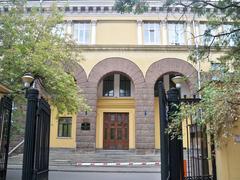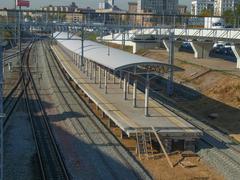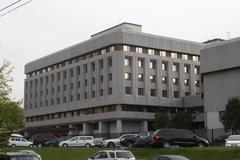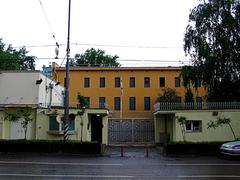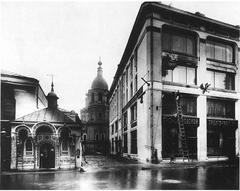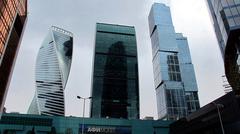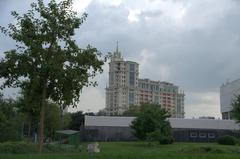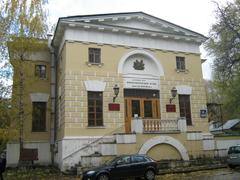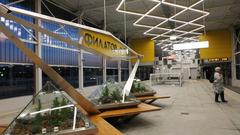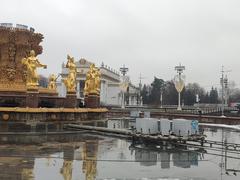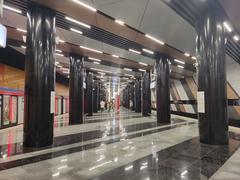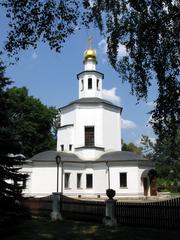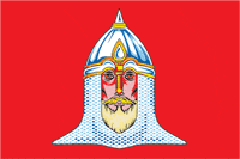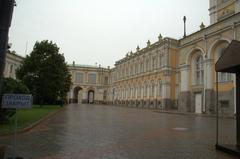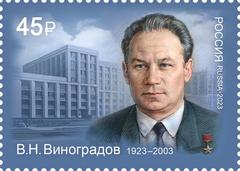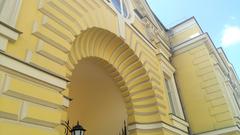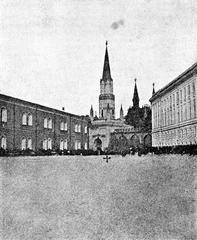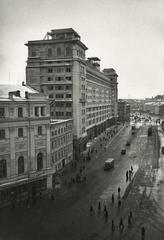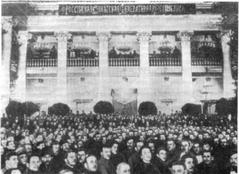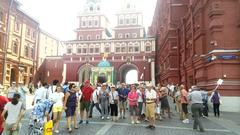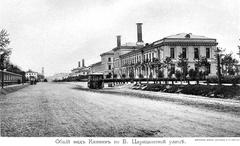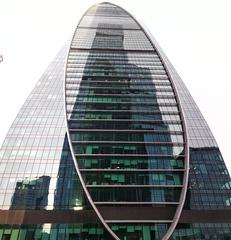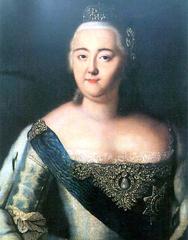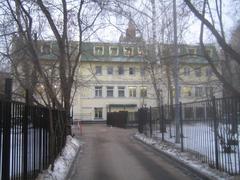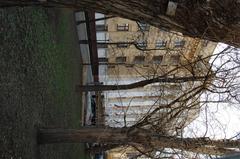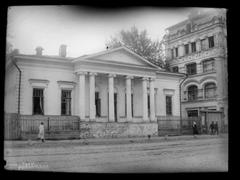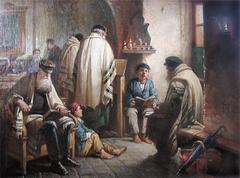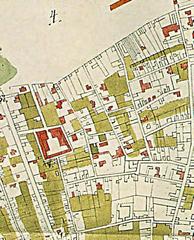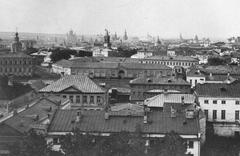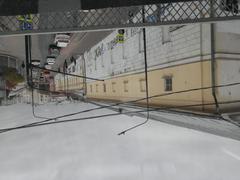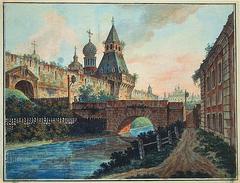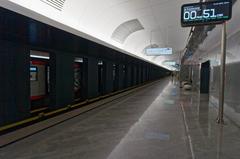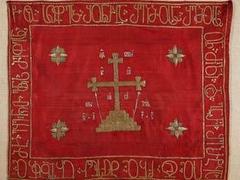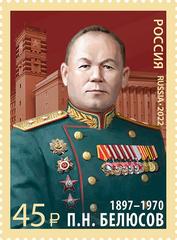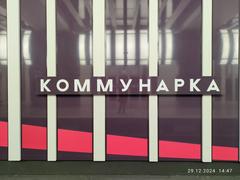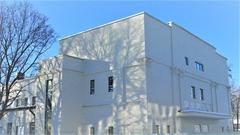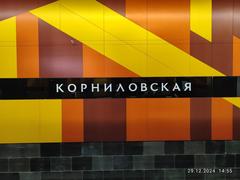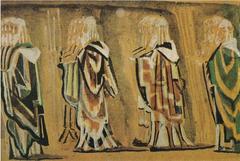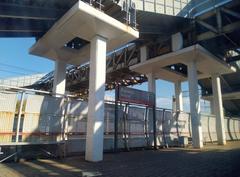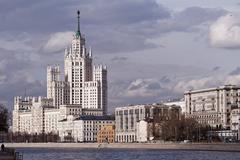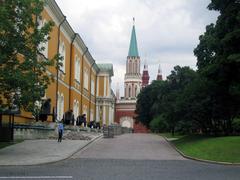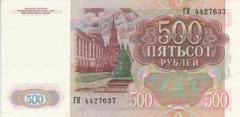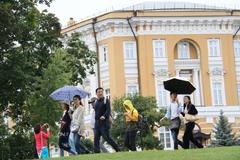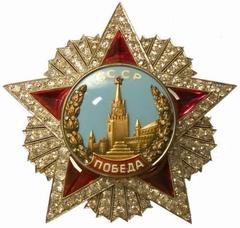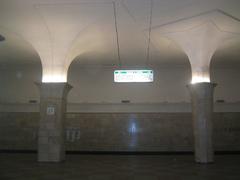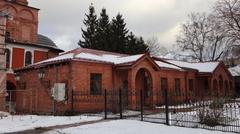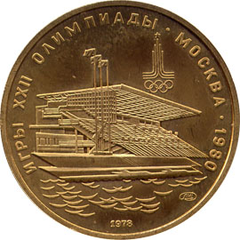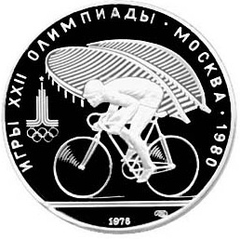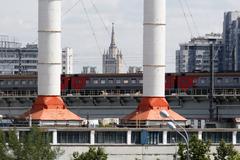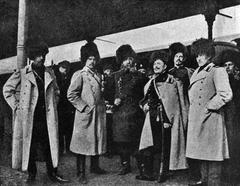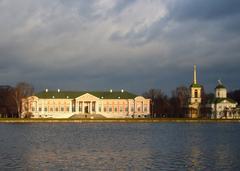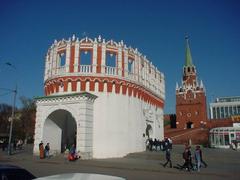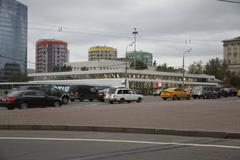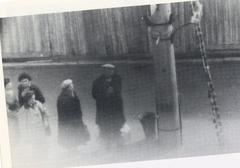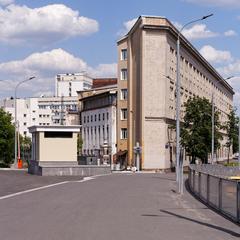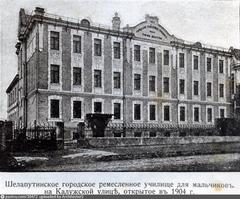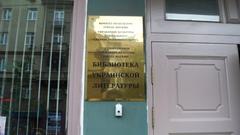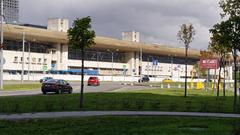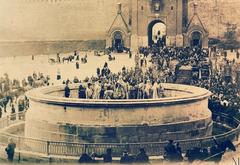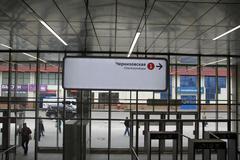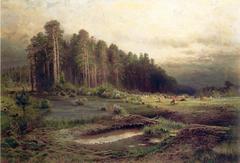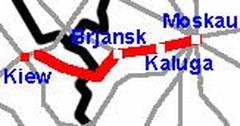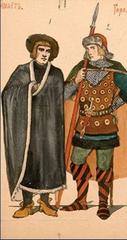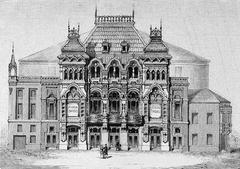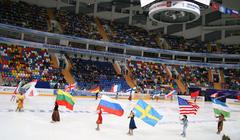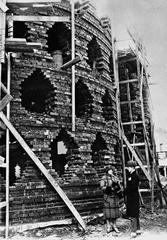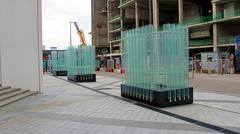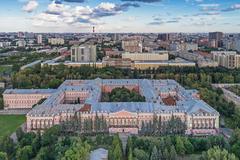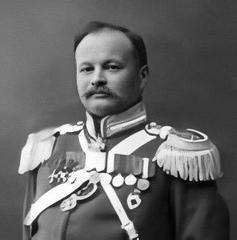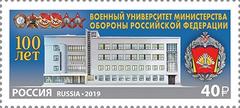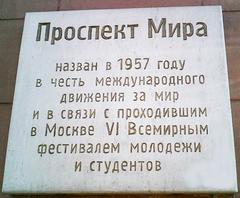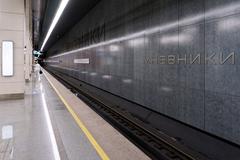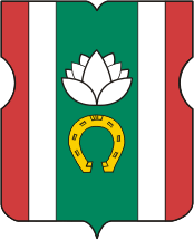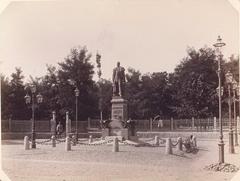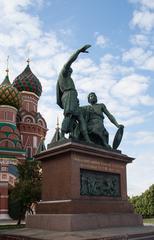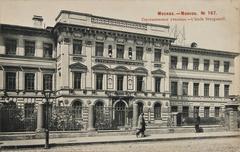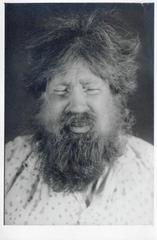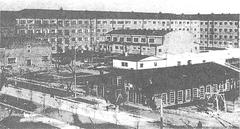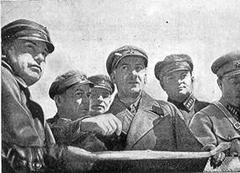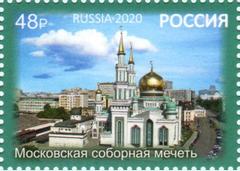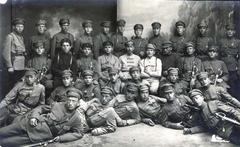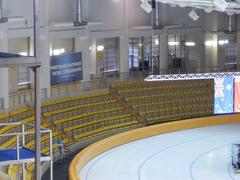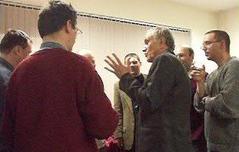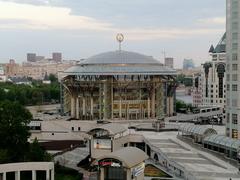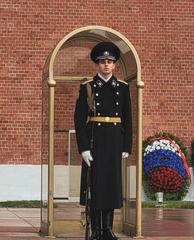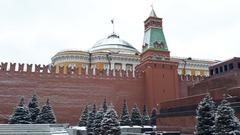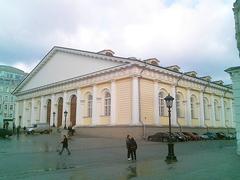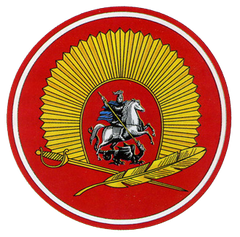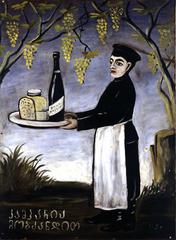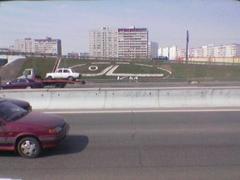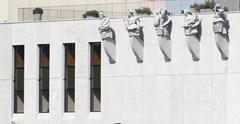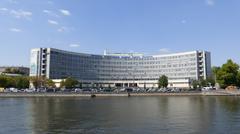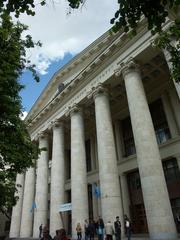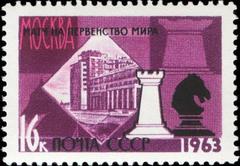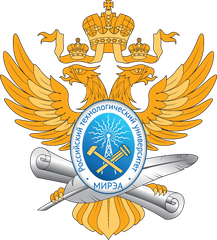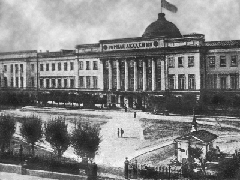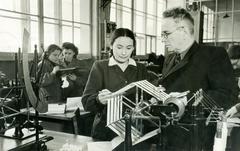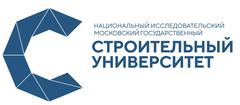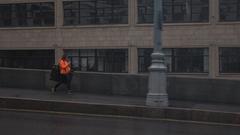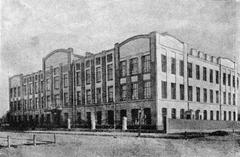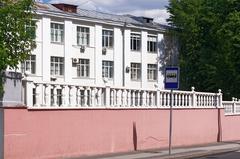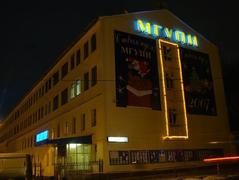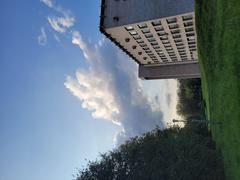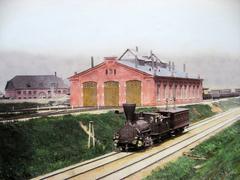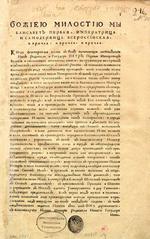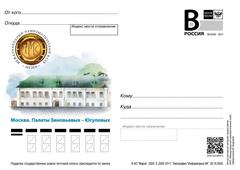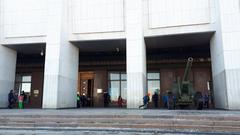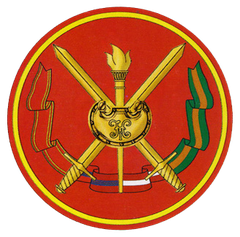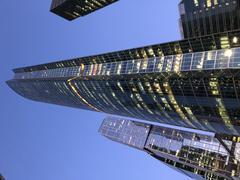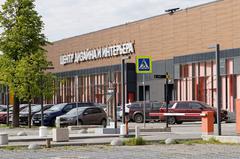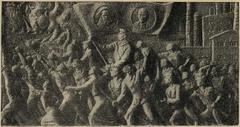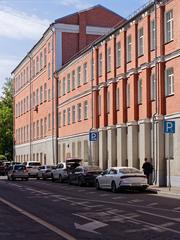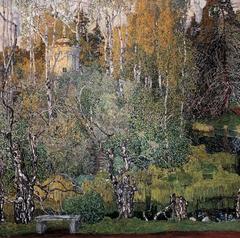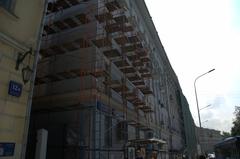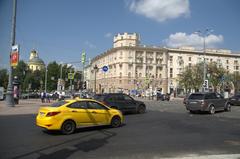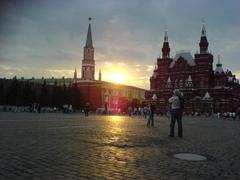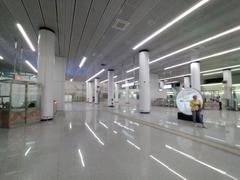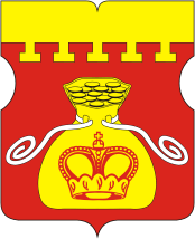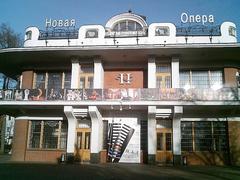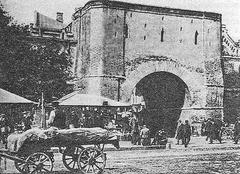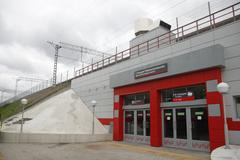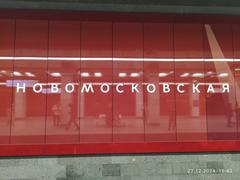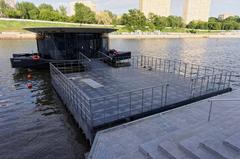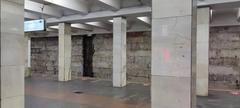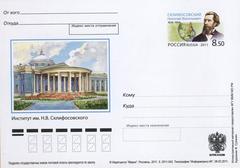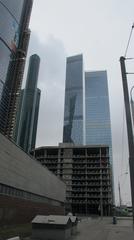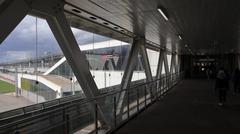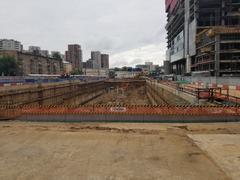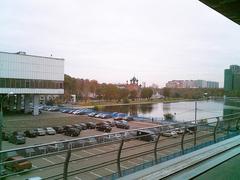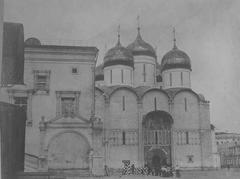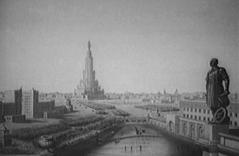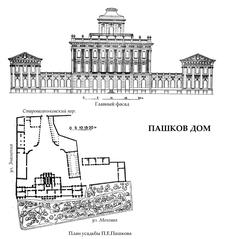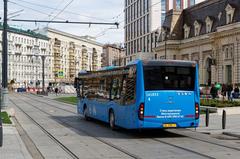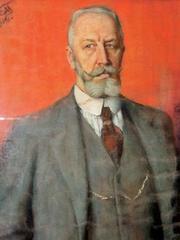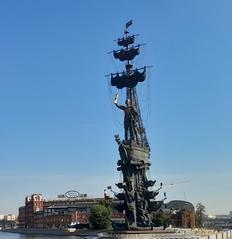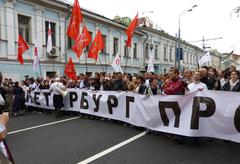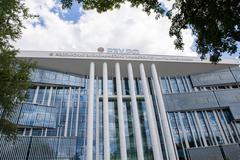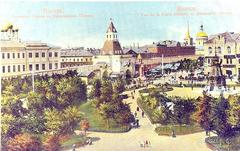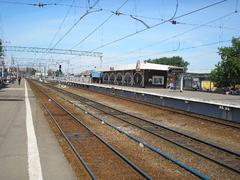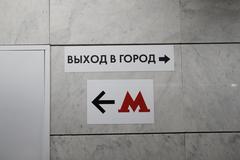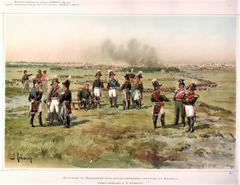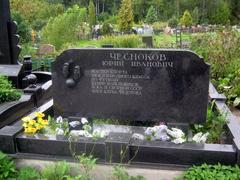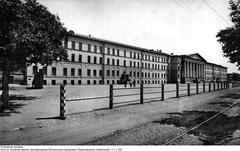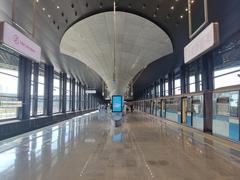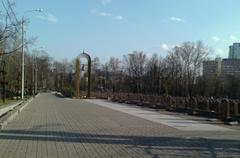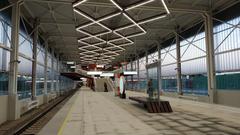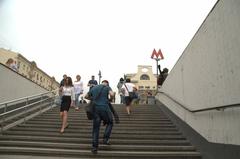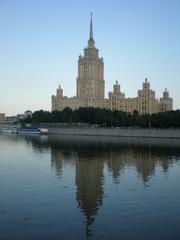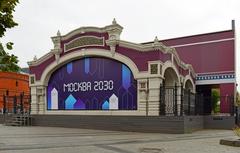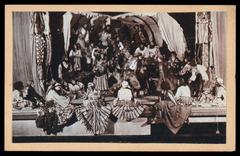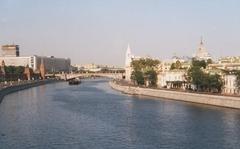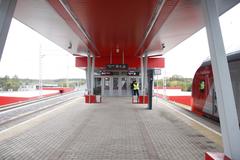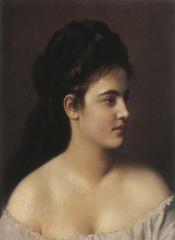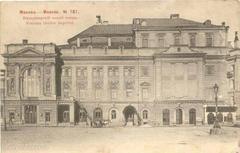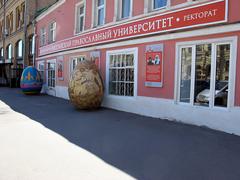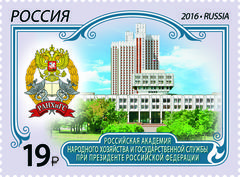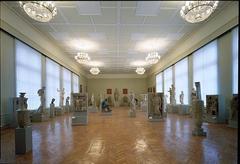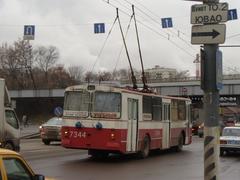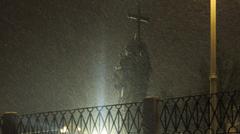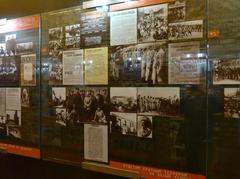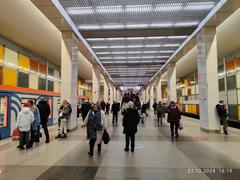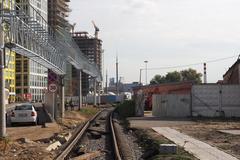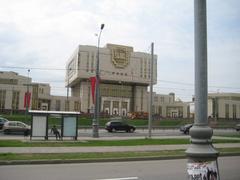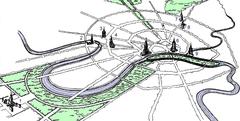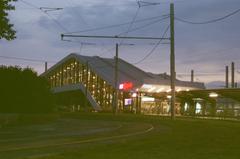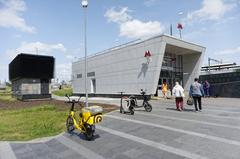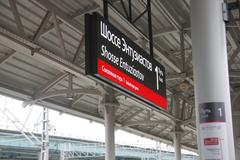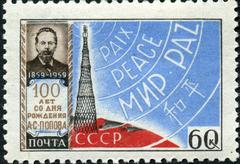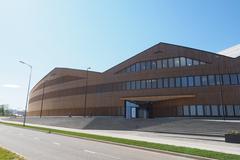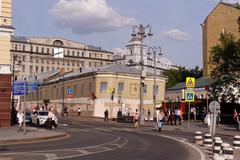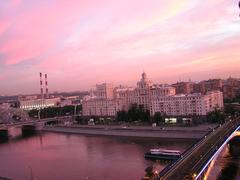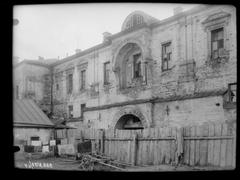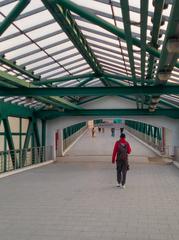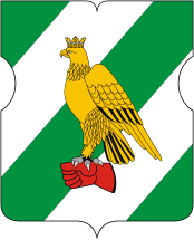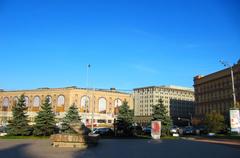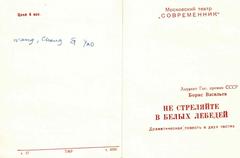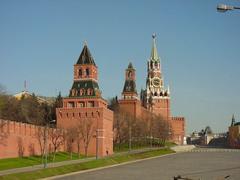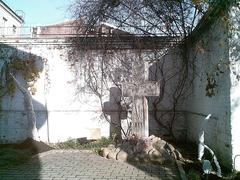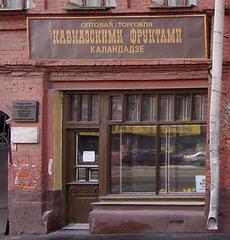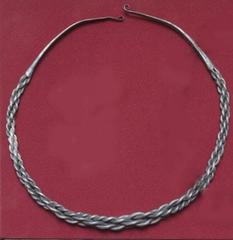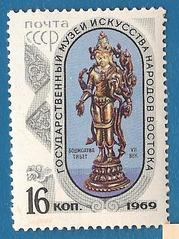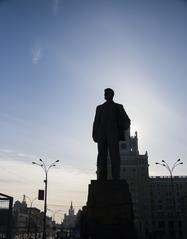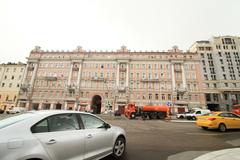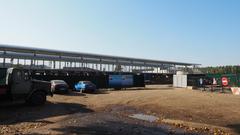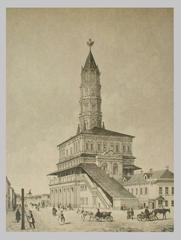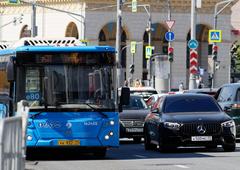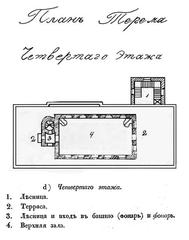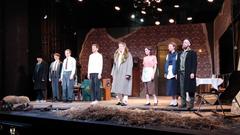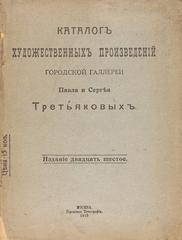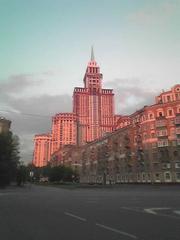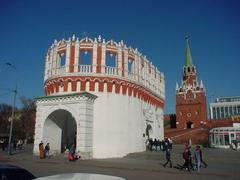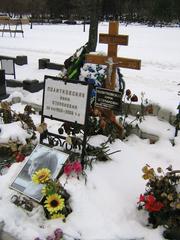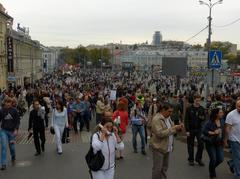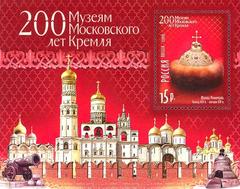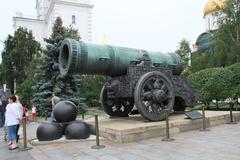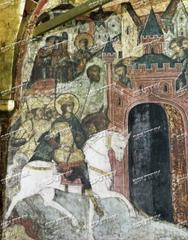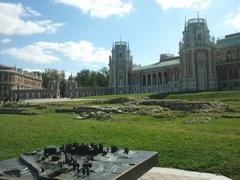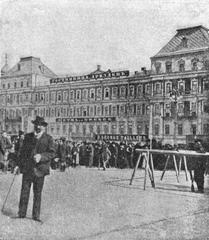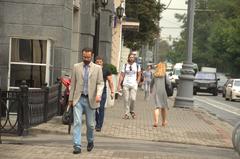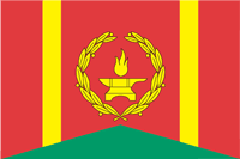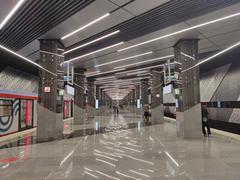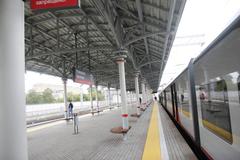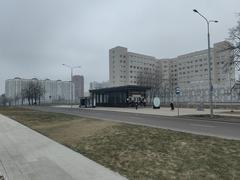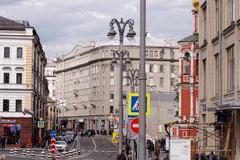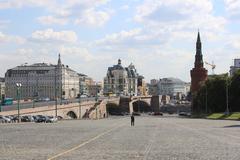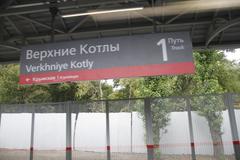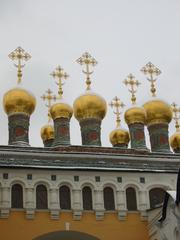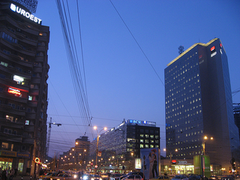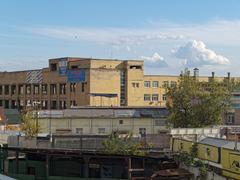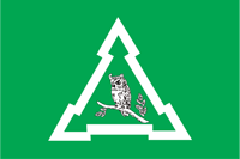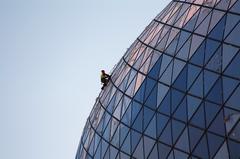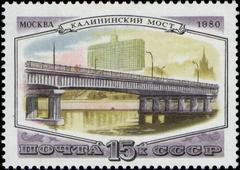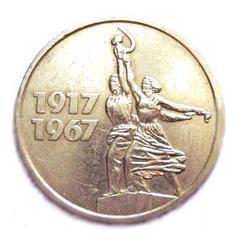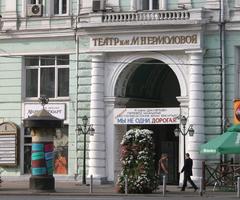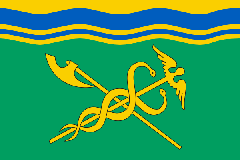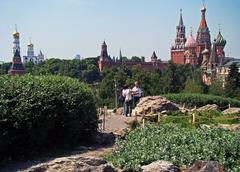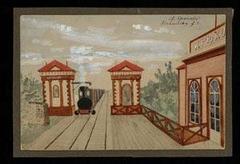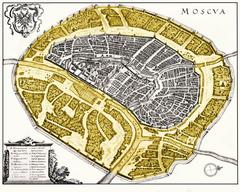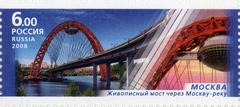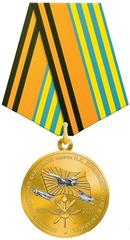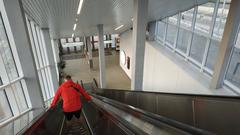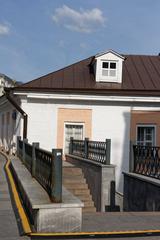
Moscow Historical and Ethnographic Theatre: Visiting Hours, Tickets, and Visitor Information
Date: 04/07/2025
Introduction
Nestled in the bustling heart of Moscow, the Moscow Historical and Ethnographic Theatre stands as a unique cultural landmark, offering visitors an immersive exploration of Russia’s diverse ethnic heritage. Unlike Moscow’s famed grand opera and ballet venues, this theatre is dedicated to bringing to life the folklore, customs, and daily traditions of the country’s many regions through captivating performances, guided tours, and educational programs. Whether you are a history enthusiast, theatre lover, or curious traveler, this guide provides all the essential information you need—covering visiting hours, ticketing, accessibility, special events, and nearby attractions—for an enriching and memorable experience (World City History; EAA Architecture Guide; EAFF).
Table of Contents
- Introduction
- Historical Background and Architectural Features
- Visiting Information
- Visuals and Media
- Frequently Asked Questions (FAQ)
- Conclusion and Recommendations
- References
Historical Background and Architectural Features
Origins and Development
Founded in the late 20th century, the Moscow Historical and Ethnographic Theatre was born out of a cultural movement to revive and celebrate Russia’s multiethnic roots. The theatre’s establishment marked a significant moment in Moscow’s post-Soviet cultural renaissance, as artists and scholars sought to reconnect with the nation’s rich regional folklore and traditional performing arts. From its inception, the theatre has served as both a stage and a living museum, dramatizing folk tales, seasonal rituals, and daily traditions from across Russia, including Siberia, the Caucasus, and the Volga region (World City History).
Role in Moscow’s Cultural Landscape
Unlike the grandiose Bolshoi Theatre—which is famed for ballet and opera (EAA Architecture Guide)—this theatre distinguishes itself through performances deeply rooted in ethnographic research. Productions are crafted in collaboration with historians and folklorists, ensuring authenticity in costumes, music, and storytelling. The theatre also acts as a hub for scholarly engagement and community events, hosting festivals and workshops that promote intercultural dialogue and enrich Moscow’s cultural tapestry.
Key Milestones
- 1988: Official founding of the theatre.
- 1990s–2000s: Expansion into lesser-known regional traditions and international tours.
- 2010s: Renovation and modernization to improve accessibility and visitor comfort.
- Ongoing: Regular hosting of festivals, interactive workshops, and international collaborations.
Architectural Highlights
The theatre’s architecture is a harmonious blend of traditional Russian motifs and modern amenities. Its folk-inspired façade, featuring woodwork and colorful tiles, echoes rural craftsmanship, while the intimate auditorium and vibrant interior murals evoke the warmth of traditional communal gatherings. Modern enhancements—such as state-of-the-art lighting, climate control, and accessible facilities—ensure a comfortable experience for all visitors. The building’s design itself serves as a cultural statement, reflecting the theatre’s mission of authenticity and inclusivity (EAA Architecture Guide; Archova Visuals).
Visiting Information
Visiting Hours
- Box Office: Open Tuesday–Sunday, 11:00 AM–7:00 PM.
- Performances: Usually begin between 6:00 PM and 7:30 PM; matinees and holiday shows offered on weekends and special occasions.
- Closed: Mondays and select public holidays.
- Always check the official website for schedule updates.
Ticket Prices
- General admission: 500–1,500 RUB (varies by event and seating).
- Discounts: Available for students, seniors, children, and groups.
- Family Packages: Offered for children’s performances.
- Purchase: Buy online via the official website or at the box office. Early booking is highly recommended during festivals and peak seasons.
Guided Tours and Educational Programs
- Guided Tours: Available by appointment and during special events. Tours offer backstage access, insights into the theatre’s architectural and ethnographic features, and a closer look at costume and artifact collections.
- Educational Workshops: Regularly scheduled for school groups, families, and the general public. Activities include folk dancing, traditional crafts, and storytelling.
- Digital Outreach: Virtual tours and online educational content are accessible via the theatre’s website and social media channels.
Special Events and Festivals
- Seasonal Festivals: The theatre’s programming aligns with major Russian holidays such as Maslenitsa, Christmas, and Russia Day, featuring thematic performances and workshops.
- International Participation: The theatre represents Russia at international folklore festivals and often collaborates with guest artists from various ethnic backgrounds (EAFF).
- Annual Highlights: Includes participation in the “Golden Mask” Theatre Festival and citywide events like “Night of Museums” (Russia EGuide).
Accessibility
- Physical Accessibility: Ramps, elevators, and wheelchair seating are available, with staff assistance upon request.
- Hearing/Vision Support: Devices and support services can be arranged in advance.
- Language: Most performances are in Russian, but some shows offer English-language summaries or printed guides; bilingual signage is present throughout the venue.
Nearby Attractions and Dining
Centrally located, the theatre is within walking distance of several of Moscow’s most iconic sites:
- Red Square and Kremlin: Russia’s most famous landmarks.
- State Historical Museum: Showcasing the nation’s rich history (Food and Travel Utsav).
- Zaryadye Park: Modern urban park with panoramic views.
- GUM Department Store: Historic shopping arcade with dining options.
- Arbat Street: Pedestrian area with cafes and street performers.
- Gorky Park: Popular for outdoor activities.
- Moscow Metro Stations: Architectural marvels in their own right, easily accessible from the theatre.
Nearby restaurants offer a range of Russian and international cuisine, with options such as Café Pushkin, Stolovaya No. 57, and the Zaryadye Gastrocenter (Food and Travel Utsav).
Travel Tips
- Getting There: The theatre is easily accessible via the Moscow Metro, bus, and taxi. The closest metro station is just a short walk away.
- Arrival: Arrive at least 20–30 minutes before your event to allow for security and seating.
- Language: Confirm the language of your performance or tour when booking.
- Dress Code: Smart-casual or elegant attire is recommended, particularly for evening performances.
- Safety: Moscow is generally safe, but standard precautions are advised in crowded places (The Broke Backpacker).
- COVID-19 Protocols: As of July 2025, health safety measures may still be in effect. Check the theatre’s website for the latest guidance.
Visuals and Media
- Photography: High-resolution images of the theatre’s façade, interior murals, and performances are available online and on-site.
- Virtual Tours: Accessible through the official website, offering a digital exploration of the theatre.
- Maps: Interactive maps highlight the theatre’s position relative to major Moscow landmarks.
Frequently Asked Questions (FAQ)
Q: What are the Moscow Historical and Ethnographic Theatre visiting hours?
A: The theatre is open Tuesday–Sunday, 11:00 AM–7:00 PM; performances usually begin in the evening.
Q: How can I purchase tickets?
A: Tickets are available online via the official website and at the box office. Early booking is advised, especially during festivals.
Q: Is the theatre accessible for visitors with disabilities?
A: Yes, ramps, elevators, accessible restrooms, and wheelchair seating are provided. Contact staff in advance for special arrangements.
Q: Are performances or tours available in English?
A: Some guided tours and select performances offer English summaries or program notes. Confirm language options when booking.
Q: Are there guided tours?
A: Yes, guided tours can be booked in advance and are available during special events.
Q: What nearby attractions can I visit?
A: The theatre is near Red Square, the Kremlin, State Historical Museum, Zaryadye Park, GUM, and other key sites.
Conclusion and Visitor Recommendations
The Moscow Historical and Ethnographic Theatre is a vibrant testament to Russia’s multiethnic heritage, offering visitors a rare opportunity to experience authentic folk traditions and regional histories in an engaging, accessible setting. Its unique blend of scholarly authenticity, dynamic performances, and inclusive facilities makes it a standout destination within Moscow’s cultural landscape. Whether attending a captivating evening show, participating in a hands-on workshop, or exploring the architectural beauty of the venue itself, visitors are sure to leave with a deeper appreciation of Russia’s living heritage.
Plan your visit today:
- Check the official website for current schedules and tickets.
- Download the Audiala app for the latest updates, special offers, and exclusive content.
- Follow the theatre and Audiala on social media for news about upcoming events and behind-the-scenes features.
References and Further Reading
- Moscow Historical and Ethnographic Theatre: History, Architecture, Visiting Hours & Tickets Guide (World City History)
- 10 Best Architectural Buildings in Moscow, Russia (EAA Architecture Guide)
- Cultural and Educational Role (EAFF)
- Practical Visitor Information (Moscow.Info)
- Travel Guide (TravelSetu)
- Moscow Events Calendar (Russia EGuide)
- Moscow Attractions and Dining (Food and Travel Utsav)
- Safety and Itinerary Tips (The Broke Backpacker)
- Events Calendar (ETS Russia Travel)
- Bolshoi Theatre (Audiala)


